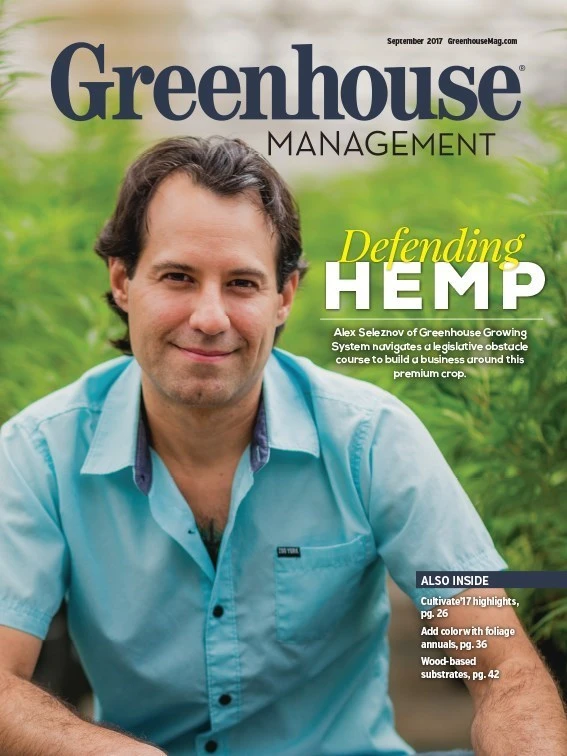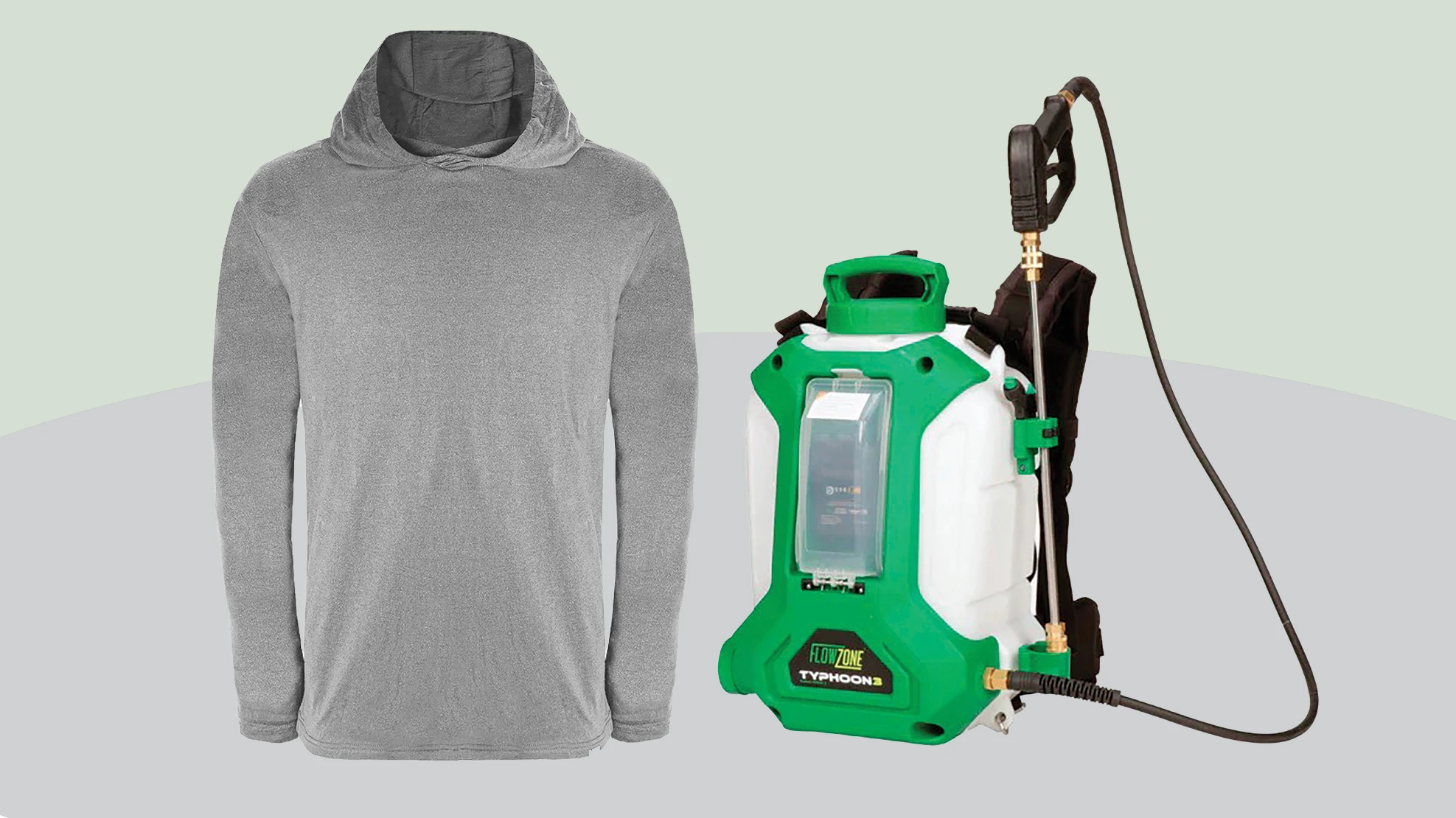
With 1.2 million square feet in under cover growing space, Lucas Greenhouses in Monroeville, New Jersey often has its greenhouses filled to the brim with plants. Its customer base stretches as far north as Boston and as far south as Richmond, Va., and they regularly fill a large number of orders from independent garden centers across the East Coast.
This is true even in the winter, when New Jersey can get pelted with snow and growing conditions become less than ideal. According to founder and owner George Lucas, having a potent heating system is important for Lucas Greenhouses, and it’s why he’s happy to have a Hurst Boiler high mass boiler system in his greenhouse.
“I need a reliable, consistent heating source, and the Hurst boiler gives us that,” Lucas says.
Lucas Greenhouses originally installed high mass boilers systems in 2002 and 2004, both from other companies. While Lucas says those system got the job done, the boilers had issues with regular leaks, broken tubes and various other malfunctioning parts. In 2007, when more greenhouse space was added to the operation, Lucas changed his system to Hurst’s on the advice of his heating contractor. When the business expanded again in 2009, Hurst was the choice this time, too.
In the winter, Lucas says knowing he can rely on his heating system allows him to sleep better at night and worry less. The Hurst boiler maintains consistent heat and water temperature no matter how low the temperature drops.
“If I want to run 70-degree soil temperature, I can run 70-degree soil temperature without any problems,” Lucas says. “There’s plenty of horsepower behind [it] to melt snow and keep my floor warm.” Lucas adds that he still has another company’s boiler in his operation, but when the weather gets bad, he can only rely on it to keep the plants alive. With the Hurst boilers, he knows that his plants will thrive even during the coldest part of the winter.
Although he says New Jersey hasn’t had a heavy snow during the past few winters, he knows there’s always a risk of it happening. And not only would a damaged greenhouse limit Lucas Greenhouses’ ability to meet orders in the short term, but it would take time and money to rebuild and repair ahead of the busy spring season.
“If I get 20 inches of snow, and I’m not sure my roof is going to perform properly, it’s a long night,” Lucas says. “This is our 10th year with them now, and they just run and run. They do what they’re supposed to do.”

Explore the September 2017 Issue
Check out more from this issue and find your next story to read.
Latest from Greenhouse Management
- The Growth Industry Episode 3: Across the Pond with Neville Stein
- A nation of gardeners: A history of the British horticulture industry
- How Izel Native Plants is solving the native plant conundrum
- Trends: Proven Winners 2025 perennial survey shows strong demand
- Online registration opens for 2025 Farwest Show
- Cashing in with customization
- The Ball Seed Difference
- Lawsuit challenges new H-2 visa rules





